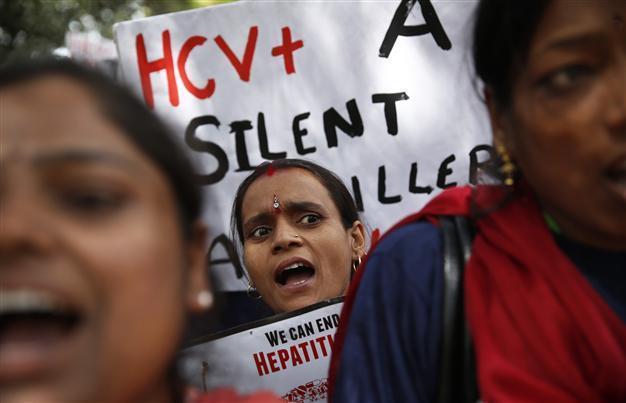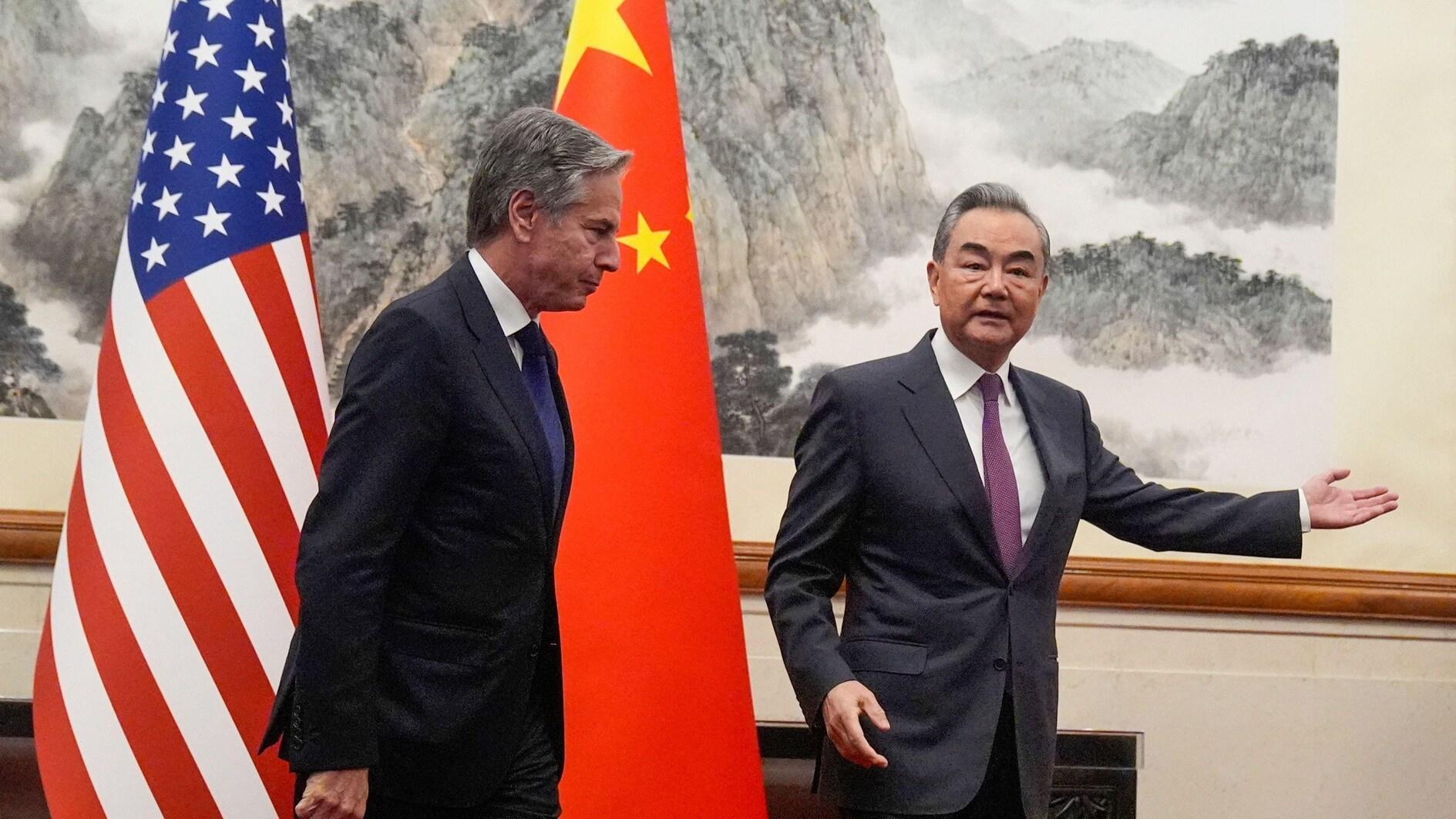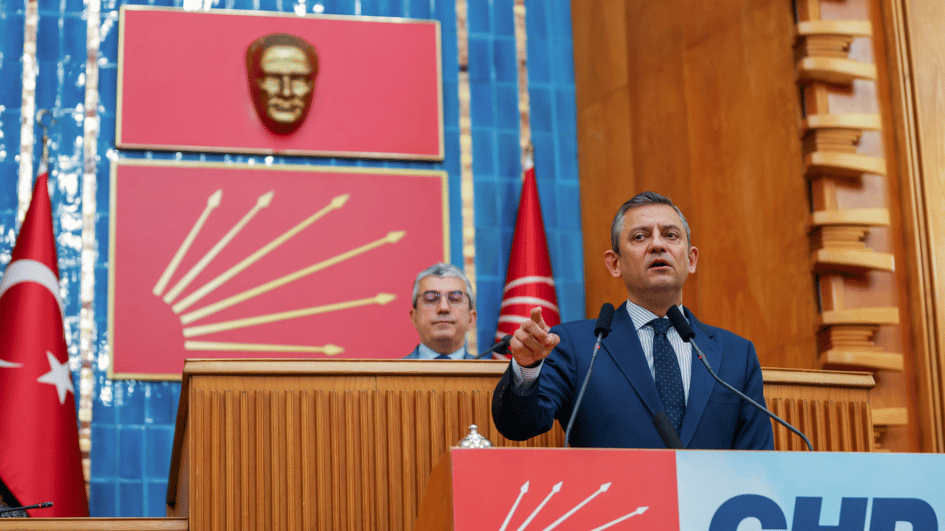WHO urges global push to treat hepatitis C
GENEVA - Agence France-Presse

Members of Delhi Network of Positive People, a support group for HIV-positive people, shout slogans during a protest in New Delhi. AP Photo
The World Health Organization called Wednesday for a dramatic increase in screening and treatment of hepatitis C, saying higher demand would help drive down the cost of drugs for the disease.Most of the 185 million people chronically infected with the liver disease worldwide do not know they have it due to lack of screening, and many of those who do cannot access treatment due to the high cost, the UN agency said.
Some 350,000 people die of hepatitis C-related liver diseases annually, and as many as four million people become infected each year, according to the WHO, which on Wednesday released its first-ever guidelines on fighting the disease.
Hepatitis C is caused by a virus that can be transmitted through sharing needles, getting contaminated blood transfusions or having sex with an infected person.
There is no vaccine for the disease, but new antiviral treatments like Gilead Sciences' Sofosbuvir, recently approved in the United States and the European Union, have been shown to cure more than 90 percent of those treated, up from between 50 and 60 percent for the previous generation of drugs
But with a price tag of $84,000 for a 12-week treatment of Sofosbuvir in the United States -- or about $1,000 a tablet -- few can afford it, WHO expert Peter Beyer said.
Producing that drug meanwhile costs only between $68 and $136 per treatment, Beyer said, insisting the market for the drugs needed to be vastly expanded to spur more competition and help shrink the prices.
"We want to benefit from the experience we have with HIV," he said, pointing out that the cost of drugs used to treat the virus that leads to AIDS had been pushed down from around $10,000 to $100 per person per year.
However, hepatitis C has a much lower profile in most countries, making it difficult to convince governments to address the disease.
Stefan Wiktor, head of WHO's Global Hepatitis Programme, pointed to Egypt as an example of how countries can use "the power of scaling up" to push down prices.
Egypt has the world's highest infection rate of hepatitis C at more than 10 percent of the population because syringes are routinely re-used, according to WHO.
The country, which has prioritised beating the disease and has treated more than 300,000 people, has negotiated a 12-week treatment price of just $900 from Gilead.
WHO expects more new drugs to hit the market soon, which could help bring down prices and broaden access, Wiktor said.
















